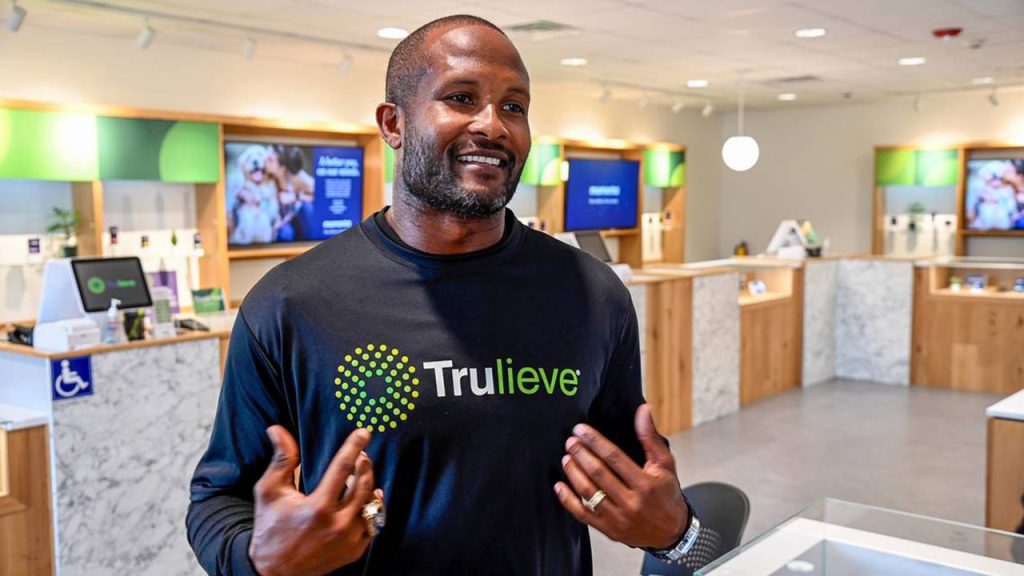Champ Bailey, a Pro Football Hall of Famer renowned for his illustrious career as a cornerback, has emerged as a prominent advocate for cannabis use in the NFL, particularly for its potential benefits in physical and mental recovery. Bailey, who partnered with Trulieve, the world’s largest cannabis retailer, emphasizes the need to destigmatize marijuana and educate the public about its potential therapeutic applications. His advocacy stems from his own positive experiences with cannabis, which he began using early in his NFL career, spanning from 1999 to 2013.
Bailey initially refrained from cannabis use due to his upbringing and societal perceptions surrounding the drug. However, witnessing fellow professionals using it responsibly prompted him to reconsider. He cautiously experimented with cannabis and found it to be a beneficial alternative to alcohol or other potentially addictive substances. For Bailey, cannabis provided mental and physical calmness, crucial for recovery in the demanding environment of professional football. He credits it with helping him maintain peak performance throughout his career.
Driven by a desire to share his positive experiences, Bailey now champions the importance of open and honest conversations about cannabis use. He encourages individuals to consult with their doctors and consider its potential benefits, while acknowledging that each person’s journey is unique. Bailey aims to dispel the misconceptions surrounding cannabis, particularly the outdated notion of it being a “gateway drug.” He emphasizes that his own experience, and that of many other athletes, contradicts this stereotype, as responsible cannabis use has not led them to harmful substances.
Bailey recalls navigating the strict NFL drug testing policies during his playing days. Players who used cannabis were acutely aware of the testing schedules and would abstain from use prior to the tests. Ironically, Bailey notes, this forced abstinence sometimes hindered their recovery during the offseason, a crucial period for training and physical conditioning. He reflects on the shared experiences among players who used cannabis, their collective efforts to navigate the testing protocols, and the frustration of being penalized for using a substance they found beneficial. The evolution of NFL policies towards cannabis has been a welcome change, and Bailey believes it validates his advocacy.
Bailey’s mission to destigmatize cannabis extends to his interactions within the diverse environment of NFL locker rooms. He recounts how some teammates initially expressed disapproval of his cannabis use, only to change their perspective upon witnessing the positive impact it had on his performance and well-being. Bailey emphasizes the importance of strong leadership and standing up for one’s beliefs, even when those beliefs challenge prevailing norms. He advocates for open dialogue and sharing personal experiences to foster understanding and acceptance within the team.
One particularly impactful story Bailey shares is that of a teammate struggling with alcohol issues. Bailey introduced him to cannabis as a potential alternative, and the teammate found it to be a more beneficial coping mechanism. This experience solidified Bailey’s belief in the potential of cannabis to positively impact lives and further motivated him to share his own story. He encourages other athletes to be open about their cannabis use, as their stories can help break down stigmas and educate others about its potential benefits. Bailey sees his partnership with Trulieve as an extension of this mission, emphasizing the company’s shared focus on education and promoting the responsible use of cannabis as a potential tool for wellness.

